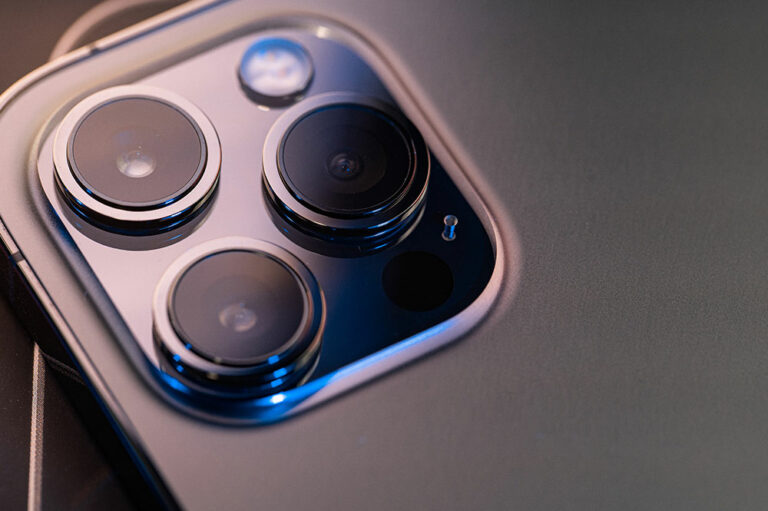Excess sugar intake can lead to multiple health issues, from diabetes to cardiovascular diseases and chronic illnesses. With the increasing availability of packaged foods and baked goods at local stores, it is possible to go overboard with sugar if one is not careful. However, one can keep an eye out for common signs of excessive sugar intake and limit sweet foods and drinks. So, here are a few signs of high sugar intake to recognize:
Frequent sugar cravings
If one eats too much sugar, they will continue to crave sugary foods and beverages. This is because sugar intake releases dopamine, which is responsible for feelings of pleasure in the brain, so one can crave this feeling and indulge in more sweet foods. So, if one notices persistent cravings, it could be a sign that they need to limit sugary foods and find healthier alternatives.
Energy crash
This is a common and often unnoticed sign of excess sugar intake. Contrary to popular belief, sugar does not lead to constant energy throughout the day. The ingredient is responsible for an instant boost or rush of energy as the body gets busy utilizing this sugar. However, due to a rapid rise in blood glucose, the body produces insulin to balance the excess sugar. This leads to a sudden drop in blood sugar levels and energy, making one feel fatigued and tired.
Skin issues
A visible early sign of excessive sugar intake is persistent skin issues. High sugar intake can lead to inflammation, which is the cause of major diseases, including skin conditions. Here, conditions like rosacea, eczema, and acne can be triggered. Collagen is a protein that maintains skin elasticity, making one look young. With excessive sugar intake, collagen can break down faster.
Excessive thirst
When one has a lot of sugar, the kidneys have to work harder to filter out the excess glucose from the bloodstream. The additional glucose is filtered through urine, making one will feel more thirsty.
Sugar can also impact oral health and lead to dental cavities. Further, when one gets dental implants, they should avoid sugary drinks for at least two weeks, as they interfere with the healing process. Sugar may also be responsible for teeth discoloration, as high sugar intake encourages the growth of bacteria which can affect the color and strength of the enamel. So, one may require whitening treatments to deal with the visual effects of excessive sugar.



